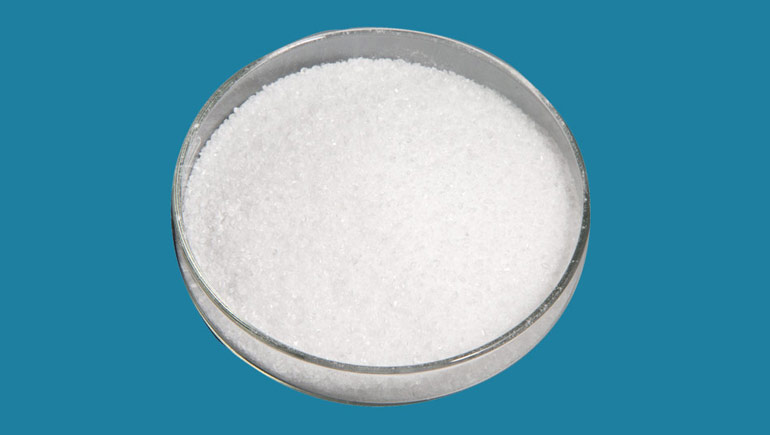
Description
| Appearance | : | White crystalline powder slightly hygroscopic. |
| Chemical Formula | : | Na3C6H5O7 |
| Toxicity | : | Non-Toxic and Non-Hazardous |
| CAS No | : | 68-04-2 |
| HS Code | : | 29181520 |
| Packing Details | : | 25 Kg HDPE Bag with plastic liner |
| Storage Conditions | : | Keep container closed and in cool and dry place. |
Applications (Food industry):
- Sodium citrate dihydrate is the most widely used emulsifying salt in sliced processed cheese products. It is commonly used as a buffering agent in combination with citric acid to provide precise pH control required in many food and beverage applications.
- Trisodium citrate is often referred to as sodium citrate, though sodium citrate can refer to any of the three sodium salts of citric acid. Sodium citrate has a saline, mildly tart flavour. It is mildly basic and can be used along with citric acid to make biologically compatible buffers.
- Sodium citrate is primarily used as a food additive, usually for flavour or as a preservative. In certain varieties of club soda, sodium citrate is employed as a flavouring agent. Sodium citrate is a common ingredient in Bratwurst, and is also used to contribute a tart flavour in commercial, ready-to- drink beverages and drink mixes. It is found in gelatin mix, ice-cream, jams, sweets, milk powder, processed cheeses, carbonated beverages, and wine.
- Sodium Citrate is also used as an emulsifier for oils in the cheesemaking process. Sodium citrate allows cheese to melt without becoming greasy. Historically, sodium phosphate was used to keep water and fat droplets mixed when cheese is melted.
- Soy Products Bakery Flavours
- Table Top Product Dairy Confectionery
- Fruits, Vegetables Meat, Seafood , Cereals, Snacks Desserts, Ice Cream Ready Meals, Instant Food
- Fruit Preparations, Sweet Spreads Baby Food, Infant Formula
- Sauces, Dressings, Seasoning
- Alcoholic Beverages Carbonated Soft Drinks
- Instant Drinks, Syrups, Juice Drinks
- Tea and Coffee, Sports and Energy Drinks


